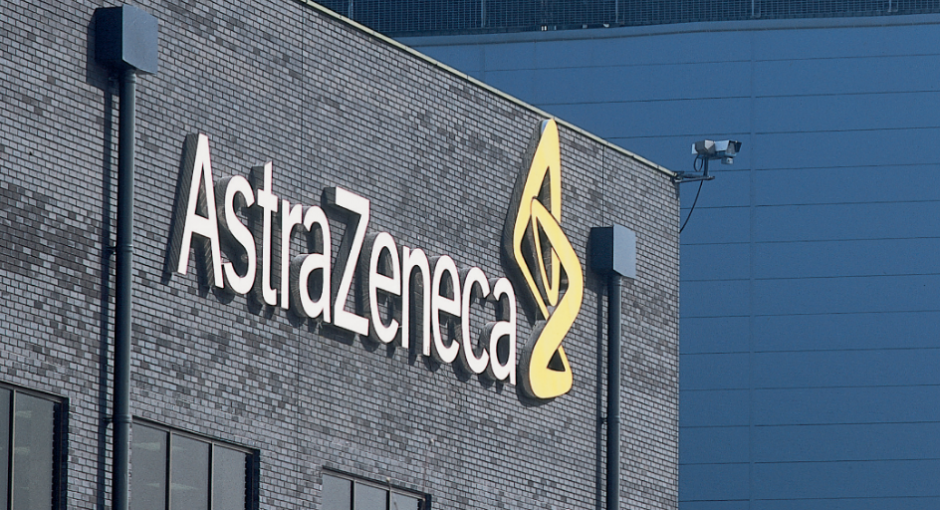The federal government indicated in a court filing last week that it will appeal the court’s decision striking down and vacating the government’s letter telling drug company AstraZeneca its conditions on 340B pricing when covered entities use contract pharmacy were illegal and had to stop. To facilitate an appeal, it asked the court to do nothing more in the case.
AstraZeneca meanwhile, in a Feb. 23 joint status report with the government to U.S. District Judge Leonard Stark of the District of Delaware, asked Stark to go beyond his Feb. 16 decision in the company’s case against the government. AstraZeneca asked him to:
- declare “that the 340B statute does not contain a statutory command requiring AstraZeneca to provide discounts for contract pharmacy sales”
- enjoin the U.S. Health Resources and Services Administration (HRSA) “from taking further impermissible action” against the company
- grant the company’s motions for summary judgement that HRSA’s May 17, 2021, violation letter to AstraZeneca exceeded the government’s statutory authority and was arbitrary and capricious for failing to acknowledge the government’s change of position on how many pharmacies a covered entity may contract with.
Merely setting aside HRSA’s May 2021 letter “is not sufficient to grant AstraZeneca full relief commensurate with” Stark’s decision last month, AstraZeneca said. “If the court merely vacates the letter, there is every indication that [the government] will brush [it] aside, much as they did” to Stark’s June 30, 2021, order vacating the U.S. Health and Human Services (HHS) Office of Inspector General (OIG) advisory opinion that that the 340B statute compels drug manufacturers to offer 340B pricing when covered entities use contract pharmacies.
The government told Stark in the status report it recognizes that he disagreed with HRSA’s statutory interpretation and vacated HRSA’s violation letter to Astra. It said his Feb. 16 decision “already has granted Astra all of the relief to which it is entitled” on the claims it raised in its case and “no further relief is warranted.”
“Final judgment should therefore be entered to facilitate any appellate review,” the government said. It pointed out that it is already appealing adverse district court decisions in lawsuits over HRSA’s similar 340B violation letters to Sanofi, Novartis, Novo Nordisk, United Therapeutics, and Lilly.
The government also pointed out that the judge in Novartis and United Therapeutics’ consolidated 340B contract pharmacy lawsuit denied those companies’ requests for the same kind of broad relief that Astra wants. Vacating the violation letters that HRSA sent to the companies and “a narrowly tailored declaration” that the letters rested on an erroneous reading of the 340B statute “was the only relief” that the judge granted to Novartis and United Therapeutics, the government said.
The government also observed that Stark sent the matter back to HRSA for further consideration, and that he ruled in an earlier phase of the case that the government’s current interpretation of the 340B statute was permissible.
“Astra’s position relies on the premise that, based on the court’s [Feb. 16] opinion, the agency could not arrive at a different answer on remand or that administrative proceedings cannot continue. That premise is wrong,” the government said.
The U.S. Senate recently approved President Biden’s nomination of Stark for a seat on a federal appeals court in Washington, D.C. For now, he remains a U.S. district court judge and he is still handing down district court decisions. His most recent one was yesterday. It is not known if or when he will make any any additional declarations or issue any more orders in Astra’s case.


